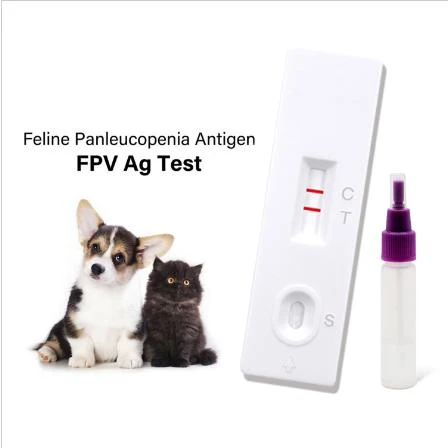Dec . 06, 2024 15:39 Back to list
hepatitis c virus antibody test
Understanding the Hepatitis C Virus Antibody Test
Hepatitis C is a viral infection that primarily affects the liver, leading to severe liver damage, cirrhosis, and even liver cancer if left untreated. One of the crucial steps in diagnosing hepatitis C is the hepatitis C virus (HCV) antibody test. This test is designed to detect antibodies to the virus in the blood, indicating whether a person has been infected with HCV.
What is the Hepatitis C Virus Antibody Test?
The hepatitis C antibody test is a blood test that assesses the presence of antibodies produced by the immune system in response to the virus. When a person is infected with HCV, their body typically takes several weeks to months to produce detectable antibodies. Therefore, the test is most accurate when conducted at least six weeks after potential exposure to the virus.
There are two primary types of tests related to hepatitis C
1. Antibody Test (Anti-HCV Test) This test screens for antibodies to the hepatitis C virus. A positive result indicates that a person has been exposed to the virus at some point in their life, but it does not reveal whether the infection is current or resolved.
2. HCV RNA Test If the antibody test is positive, further testing for the hepatitis C virus's RNA is performed. This test determines whether the virus is currently active in the body, which is critical for deciding on treatment options.
Why is the Antibody Test Important?
The hepatitis C antibody test is an essential tool in public health and individual healthcare. Early detection of HCV infection allows for prompt treatment, which can significantly reduce the risk of serious health outcomes. Individuals who are diagnosed may undergo antiviral therapy, which can cure the infection in most cases.
hepatitis c virus antibody test

Moreover, knowing one’s hepatitis C status is particularly crucial for preventing transmission. The virus is primarily spread through blood-to-blood contact. By educating patients about the modes of transmission and emphasizing the importance of regular testing, public health initiatives can reduce the spread of this infection.
Who Should Get Tested?
The Centers for Disease Control and Prevention (CDC) recommends that certain groups be tested for hepatitis C
- Individuals born between 1945 and 1965, as they are at a higher risk due to increased prevalence during that time period. - People with a history of injection drug use, even if it was in the past. - Recipients of blood transfusions or organ transplants prior to 1992, when screening for HCV in blood products was not standard. - Individuals with HIV infection or other risk factors, such as having unprotected sex with multiple partners.
What to Expect After the Test
If you undergo the hepatitis C antibody test, results are usually available within a few days. A positive result does not necessarily mean you have an active infection, as many people clear the virus from their bodies without treatment. However, if the antibody test is positive, your healthcare provider will likely recommend an HCV RNA test to determine the current state of the virus.
Conclusion
The hepatitis C virus antibody test is a critical component of managing and addressing hepatitis C infection. Early detection not only improves individual health outcomes but also plays a vital role in controlling the spread of the virus within communities. Individuals who believe they may be at risk should consult their healthcare provider about getting tested and discussing the appropriate next steps. Awareness and timely intervention are key to combating the hepatitis C epidemic.
-
Dengue NS1 Rapid Diagnostic Test Kit
NewsMar.07,2025
-
Dengue NS1 Rapid Diagnostic Test Kit
NewsMar.07,2025
-
Dengue NS1 Rapid Diagnostic Test Kit
NewsMar.07,2025
-
Transferrin Rapid Test Cassette Tumor Marker TF Card
NewsMar.07,2025
-
Malaria Pf Pan Rapid Diagnostic Test Kit
NewsMar.07,2025
-
malaria pf / pan ag rapid test
NewsMar.07,2025

